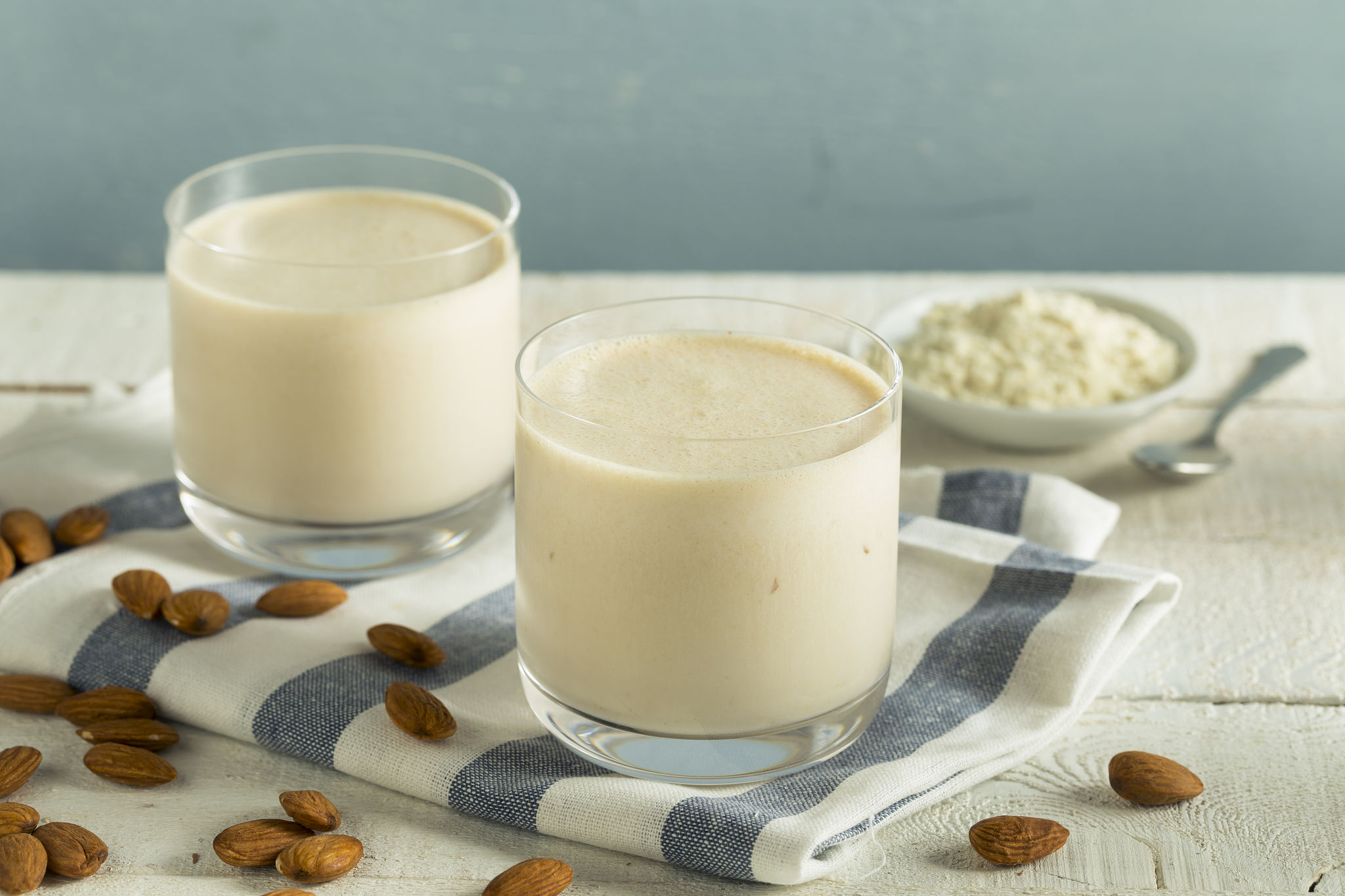Building muscle is a challenging yet rewarding process that demands a well-rounded approach, including strategic nutrition, progressive strength training, and sufficient recovery. One of the most critical components, particularly when it comes to nutrition, is ensuring adequate protein intake. Here’s a comprehensive guide to leveraging protein for muscle growth, covering everything from daily intake recommendations to the best protein sources.
Why Protein Is Crucial for Muscle Growth
Protein is essential for several reasons:
- Muscle Protein Synthesis: Protein supplies the amino acids necessary for your body to continually build new muscle proteins, accelerating muscle growth.
- Repairing Muscle Damage: Intense training causes tiny tears in muscle fibers, and protein is crucial for the repair and growth of these fibers.
- Hormone Production: Amino acids from protein help produce vital anabolic hormones like testosterone and IGF-1, which further stimulate muscle growth.

Daily Protein Intake
How much protein you need can vary based on your body weight, training intensity, and specific goals:
- Sedentary Adults: About 0.35 grams per pound of body weight.
- Endurance Athletes: 0.5 to 0.6 grams per pound.
- Resistance Training Individuals: 0.7 to 1 gram per pound to support muscle preservation and growth.
- For Aggressive Muscle Building: Aim for at least 1 gram per pound.
For example, a 175-pound individual targeting muscle growth should aim for about 175 grams of protein each day. Measuring your food and keeping track of your intake can help ensure you meet your daily goals.
Optimal Timing for Protein Intake
Timing your protein intake can enhance muscle repair and growth:
- Pre-Workout: 20-40 grams of protein about an hour before training helps maintain amino acid levels and minimize muscle breakdown.
- Post-Workout: Another 20-40 grams immediately after training maximizes recovery and muscle synthesis.
- Before Bed: 30-50 grams of a slow-digesting protein like casein ensures a steady supply of amino acids overnight, optimizing muscle recovery and growth during sleep.
High-Quality Protein Sources
Incorporate a variety of protein-rich foods into your diet:
- Lean Meats: Such as beef, lamb, chicken, and turkey, which are not only rich in protein but also iron, zinc, and B vitamins.
- Fish and Seafood: Options like salmon, tuna, and cod provide over 20 grams of protein per serving plus beneficial omega-3 fatty acids.
- Eggs and Dairy: Eggs are a complete protein source, while Greek yogurt and cottage cheese offer high-quality protein that supports muscle repair.
- Protein Powders: Whey and casein supplements can complement whole food sources, providing a quick and convenient protein boost.

Sample High-Protein Daily Eating Plan
Here’s what a high-protein day might look like for someone aiming to consume about 200 grams of protein:
- Breakfast (Pre-Workout): 3 whole eggs, 3 egg whites, oatmeal, and blueberries (~40 grams of protein)
- Post-Workout: Protein shake and a large banana (~35 grams of protein)
- Lunch: Chicken breast, brown rice, and mixed vegetables (~50 grams of protein)
- Snack: Greek yogurt with almonds (~20 grams of protein)
- Dinner: Flank steak, sweet potato, and broccoli (~45 grams of protein)
- Before Bed: Casein protein shake with peanut butter (~25 grams of protein)
Eating sufficient high-quality protein is vital for muscle building. Target 0.7-1 gram per pound of body weight daily from diverse sources, and strategically time your intake to support workouts and recovery. With careful tracking and a balanced diet, you’re setting the stage for significant muscle gains and an impressively jacked physique. Remember, while protein is key, it’s also important not to overdo it, as excessive intake can strain your kidneys. Balance and moderation are the keys to effective muscle building.








